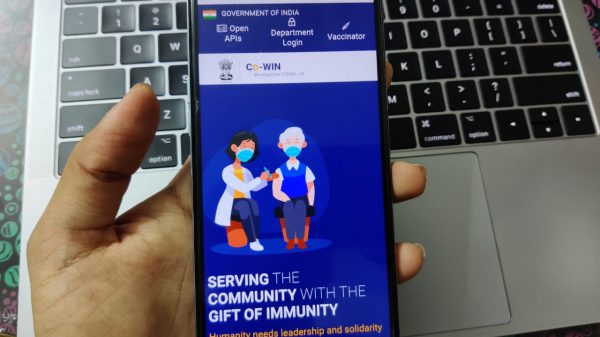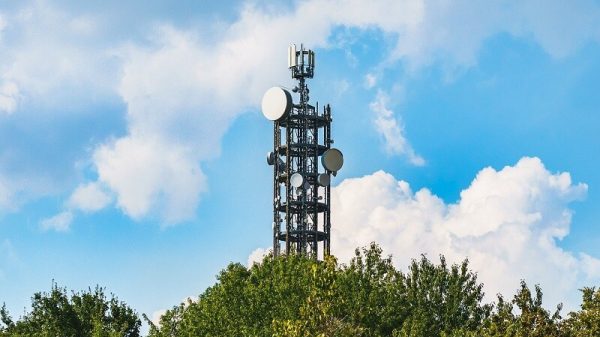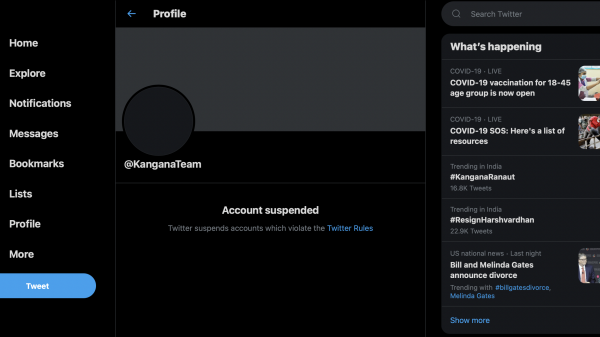Telecom operators will soon be able to carry out trials for the fifth generation (5G) of cellular networks, the government said on Tuesday in a press release. The telecom companies who applied for trial licenses are Bharti Airtel, Reliance Jio, Vodafone Idea (Vi), and MTNL. Most of these telcos have tied up with telecom gear manufacturers and technology providers; these manufacturers and providers are Ericsson, Nokia, Samsung and C-DOT, the government said. C-DOT is the Centre for Development of Telematics, and is wholly owned by the government.
Notably, no Chinese company figures in the government’s list of approved vendors. Reliance Jio will be conducting trials using its own indigenous technology, the government’s press release said. The trials will be separate from commercial networks, and data of the trials will have to be stored in India. MTNL does not even have 4G networks, and cancelled a tender to upgrade its infrastructure after the government started pushing last year to exclude Chinese vendors from mobile networks.
On spectrum for the 5G trials, the government said:
The experimental spectrum is being given in various bands which include the mid-band (3.2 GHz to 3.67 GHz), millimeter wave band (24.25 GHz to 28.5 GHz) and in Sub-Gigahertz band (700 GHz). TSPs will also be permitted to use their existing spectrum owned by them (800 MHz, 900 MHz, 1800 MHz and 2500 MHz) for conduct of 5G trials.
The trials will run for 6 months, including 2 months to procure equipment. The Ministry of Communications (under which the Department of Telecommunications operates) said that “The permission letters specify that each TSP will have to conduct trials in rural and semi-urban settings also in addition to urban settings so that the benefit of 5G Technology proliferates across the country and is not confined only to urban areas.” Rural areas are often the last to get access to new generations of cellular tech.
Telcos have been encouraged to use “5Gi”, a variant advocated by the Telecommunications Standards Development Society of India, a government-recognized body that is involved in telecom standard development. “It will be recalled that International Telecommunications Union (ITU) has also approved the 5Gi technology […] as it facilitates much larger reach of the 5G towers and Radio networks. The 5Gi technology has been developed by IIT Madras, Centre of Excellence in Wireless Technology (CEWiT) and IIT Hyderabad,” the government said in its press release.
Objectives: The objectives of conducting 5G trials include i) testing 5G spectrum propagation characteristics especially in the Indian context; ii) model tuning and evaluation of chosen equipment and vendors; iii) testing of indigenous technology; iv) testing of applications (such as tele-medicine, tele-education, augmented/virtual reality, drone-based agricultural monitoring, etc.); and v) to test 5G phones and devices.
Local tech encouraged: The government is urging telcos to use local tech in their trials. “TSPs are also expected to facilitate the testing of the indigenously developed use cases and equipment as part of the trials. One hundred applications/use cases selected by DoT after conducting the recent Hackathon on 5G applications can also be facilitated in these trials,” the government said.
Also read
- Telegraph Act Might Be Amended Ahead Of 5G Rollout
- Airtel Partners With Qualcomm For Open RAN 5G Rollout















